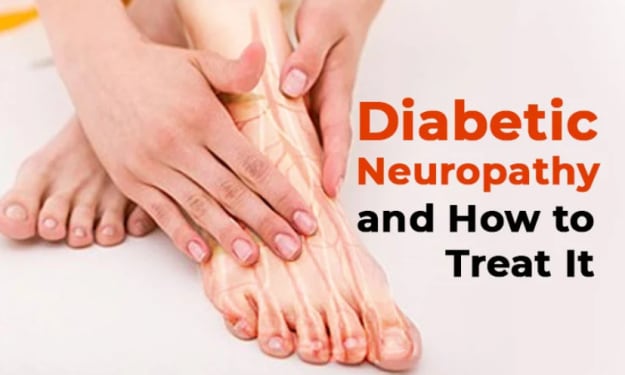after having wisdom teeth removed may i brush my teeth
wisdom teeth removed

After having my wisdom teeth removed, may I brush my teeth?
The removal of your wisdom teeth can help avoid issues like tooth decay,crowding, and impaction. However, there are hazards associated with this treatment, which involves extracting the third molars, which typically erupt between the ages of 17 and 21.
To prevent an infection after having your wisdom teeth removed, it's crucial to follow your doctor's advice. After the procedure,you can and should brush your teeth, but do so carefully. Wait till the extraction site is fully healed before brushing it.
To keep the area free of bacteria, you'll also need to use an antiseptic mouthwash, and you'll need to stick to a liquid and soft food diet for a few days.
The presence of wisdom teeth is not universal, nor do all wisdom teeth require removal.The greatest dental care advice for your particular needs will come from your dentist and oral surgeon.Let's review the fundamentals of brushing your teeth after having your wisdom teeth removed.
Following wisdom teeth removal.
It's critical that you take care of the area after having your wisdom
teeth removed in accordance with the surgeon's detailed instructions.
Additionally, you must refrain from exercise and physical activity.
If you smoke, make plans to cut back as little as you can while your wound heals.
Learn more about smoking’s effect on your teeth.
You'll need to schedule time to rest and recover after your treatment for the rest of the day.If at all possible, this entails skipping work or class or planning your procedure for a day off.
You won't be able to drive after obtaining general anaesthesia,so you'll need someone to take you home from your visit.
For the first 24 hours or longer following surgery.
you'll need to follow a liquid diet as you wait for the inflammation to subside.
As a result, you won't need to exert the pressure.
that comes with chewing harder meals on your teeth and mouth.If jaw swelling bothers you, apply an ice compress to it.
As much rest as you can, and use painkillers as necessary.
Nonsteroidal anti-inflammatory medicines (NSAIDs), for example,are available over-the-counter, while other doctors may recommend pain medication.
Avoid aspirin since it can make bleeding more likely.
Additionally, you should refrain from using a straw during the first few days of your recovery.The effort of using a straw could aggravate the extraction site (s)While brushing and flossing your teeth, avoid the rear of your mouth where
teeth have been pulled to avoid contaminating the wound.
It's okay if pain or discomfort prevents you from brushing for one or two days. You will be instructed to use an antiseptic mouthwash provided by your dentist or
oral surgeon to clean the region.
Who requires removal of their wisdom teeth?
It's common to keep your wisdom teeth intact.
Many people live their entire lives without ever needing to have their wisdom teeth out.Even though having their wisdom teeth removed could improve their oral health,some people who don't have access to dentists or who are unable to pay for dental care choose to keep them.
You may be considering having your wisdom teeth removed or your dentist may have brought it up if:
.Your wisdom teeth are impacted if they are causing pain and
. swelling in your gums or jaw (stuck under the gum)
. Because your wisdom teeth are pushing your other teeth
. forward and causing crowding, they are likely to
. cause problems with dental procedures now or in the future.
complications from removing wisdom teeth
In the first day or two following wisdom tooth removal,the majority of patients experience some pain or discomfort. It shouldn't hurt for too longTrusted Source, and medications on prescription or over-the-counter can assist.
. discharge at the incision site
. increased swelling
. pain, soreness or tenderness
. bad breath
You can have an infection if the procedure's earlydiscomfort goes away only to reappear a few days later.
Other indications of infection can be:
Proper brushing technique
Dentists recommend that you clean your teeth using proper brushing techniques:
. brush for 2 minutes, twice a day
. use fluoride toothpaste
. brush in small, circular strokes
. you should also brush your tongue
. rinse your mouth out after spitting
About the Creator
Enjoyed the story? Support the Creator.
Subscribe for free to receive all their stories in your feed. You could also pledge your support or give them a one-off tip, letting them know you appreciate their work.





Comments
There are no comments for this story
Be the first to respond and start the conversation.